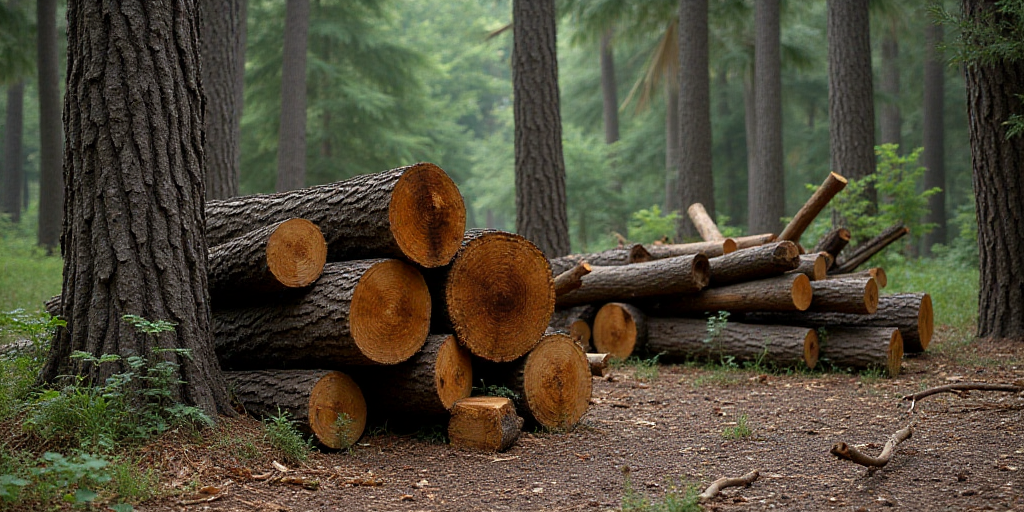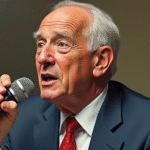Background and Relevance of the Speakers
Rodrigo Lledó, Director for the Americas of Stop Ecocide International, and other experts gathered at the International Seminar “The Crime of Ecocide in Latin America,” organized by the Center for Research on Latin America and the Caribbean (CIALC) at UNAM, to discuss the urgent need for recognizing ecocide as an international crime comparable to genocide.
Gerardo Torres Salcido, Director of CIALC, emphasized the growing environmental devastation in Latin America, threatening biodiversity and the right to a healthy environment. Eva Leticia Orduña Trujillo, also from CIALC, highlighted that Latin America has the highest number of assassinations and disappearances of environmental activists, who face not only physical violence but also criminalization, stigmatization, and imprisonment.
Understanding Ecocide
Natalia Denise Alonso from the Latin American Studies Graduate Program at UNAM stressed the importance of creating a definition of ecocide specific to Latin America, taking into account regional structural conditions and socio-environmental demands.
Jojo Mehta, General Director of Stop Ecocide International, explained that the global economic culture has thrived on a mindset that separates nature and humans, leading to unrestricted exploitation of natural resources.
Current Legal Status
Rodrigo Lledó detailed that while initiatives to include ecocide in Mexico’s criminal code have been presented in 2018, 2020, 2021, and 2023, none have succeeded. Only a few states like Mexico City, Jalisco, and Chiapas have incorporated ecocide into their penal codes without alignment with international standards.
Experts’ Arguments for Ecocide as Genocide
Gerardo Torres Salcido argued that ecocide could be considered a crime similar to genocide due to its mass displacement of populations, crimes against environmental defenders, and association with global phenomena like climate change.
Eva Leticia Orduña Trujillo pointed out that environmental activists in Latin America face not only physical violence but also stigmatization, being labeled as opponents of development or “terrorists,” which undermines their cause.
In Central America, business and state interests often clash with collective rights, diversity, and ancestral traditions, creating conflict scenarios where communities lose their territories.
Key Questions and Answers
- What is ecocide? Ecocide refers to the massive and deliberate destruction of ecosystems, which experts argue should be classified as an international crime akin to genocide due to its profound impact on communities and connection with forced displacement and attacks against environmental defenders.
- Why is ecocide a concern in Latin America? The region faces growing environmental devastation, threatening biodiversity and the right to a healthy environment. Latin America also has the highest number of assassinations and disappearances of environmental activists, who face various forms of violence and persecution.
- What is the current legal status of ecocide in Latin America? Although initiatives have been proposed, none have succeeded in incorporating ecocide into national criminal codes. Only a few states, like Mexico City, Jalisco, and Chiapas, have included ecocide in their penal codes without alignment with international standards.
- Why do experts want ecocide classified as genocide? Ecocide’s massive scale and deliberate nature cause widespread harm to communities, forcing them from their lands and endangering their survival. It is also linked to attacks on environmental defenders and global issues like climate change.






